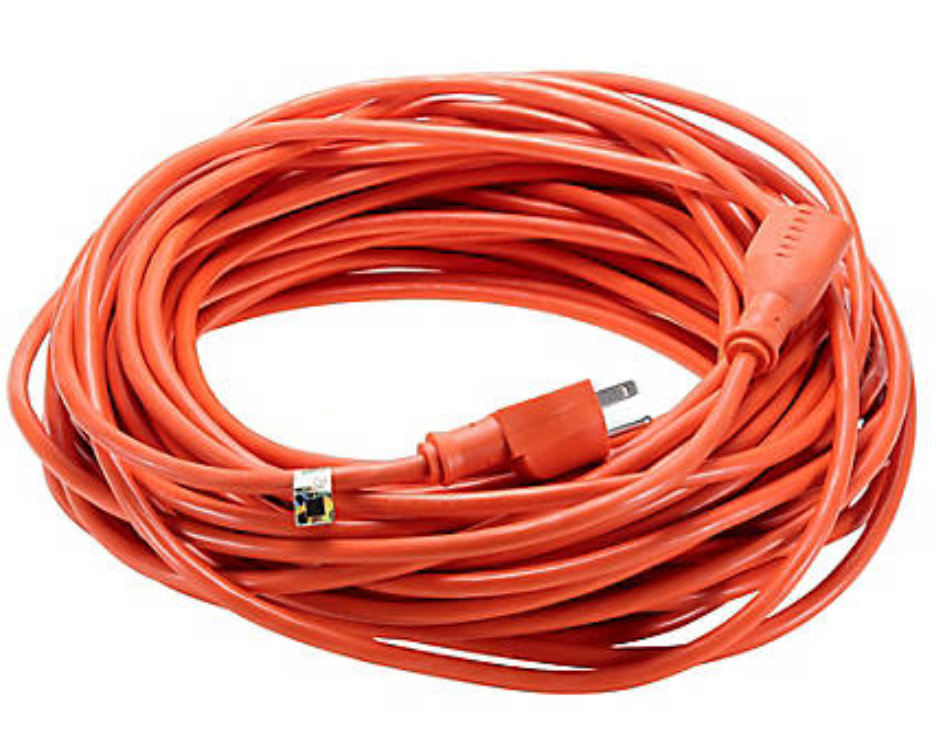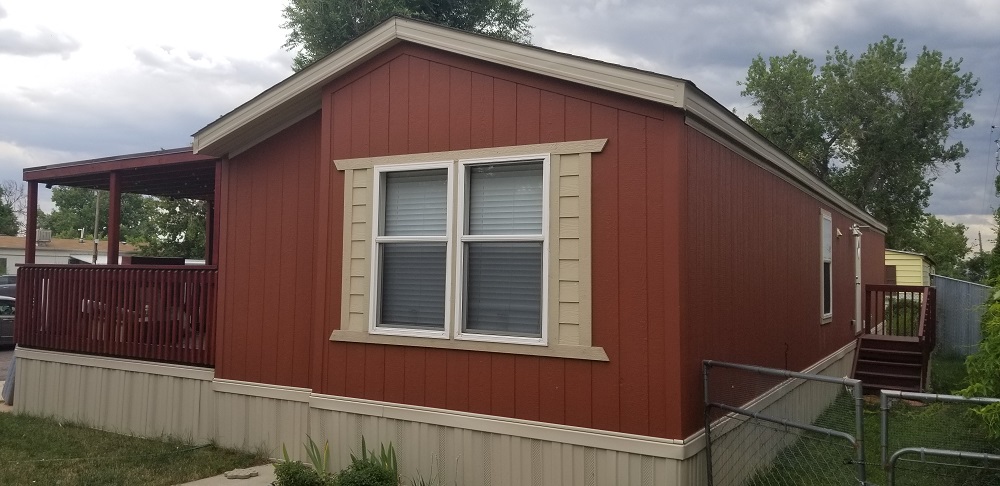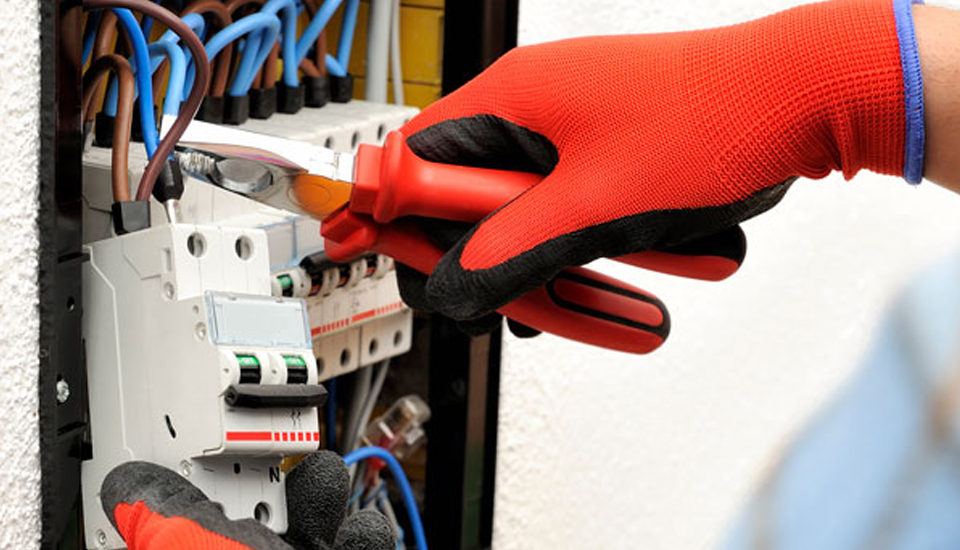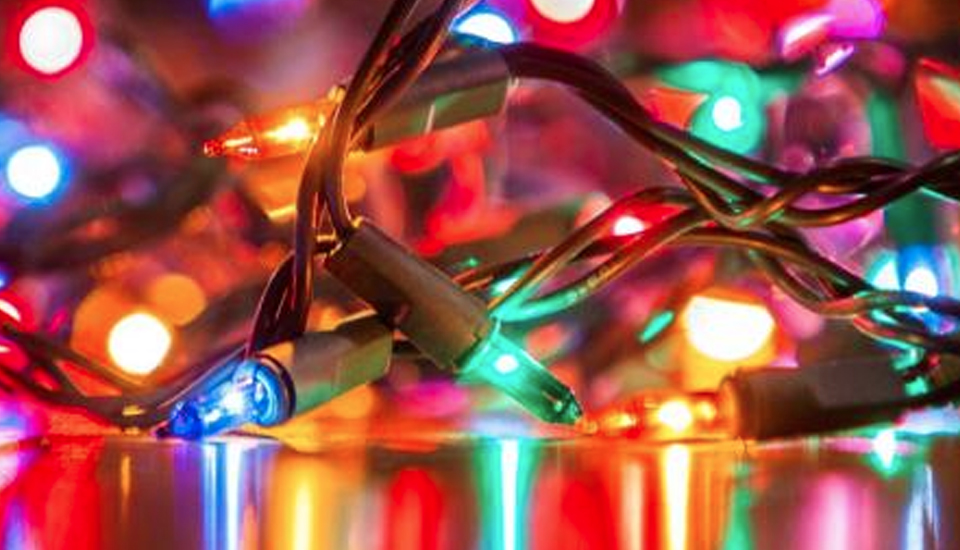
In the United States, the local housing codes and state regulations have always made it crystal clear that landlords have a constant duty to ensure that all electrical installations and appliances they supply in their rental properties are safe. Electrical safety must be a top priority if you’re a landlord.
So, if you’re a landlord, then you might want to read on…
What the law stipulates…
According to most housing laws, landlords are highly encouraged to see to it that every electrical installation like the light fittings and sockets are safe before any tenants have moved in and that such electrical wirings are periodically inspected by a certified electrician nearby throughout the duration of the tenancy.
Moreover, for safe-keeping, landlords must also ensure that electrical appliances they have set up and deployed for use inside the property like kettles and cookers bear the CE marking.
Hence, in summary, your duties as a landlord specifically include ensuring that:
1. There are sufficient regular electrical tests carried out on all electrical installations according to what is stipulated under the “Periodic Electrical Inspections” sections of the official building regulations.
2. Only professional, registered electricians perform these tests.
3. There is enough residual current device (RCD) protection in your property.
4. Visual safety checks are carried out on a regular basis.
5. PAT or Portable Appliance Tests are performed on all the appliances you have supplied and intend to supply.
Periodic Inspections
A periodic inspection comprises of testing and inspecting procedures with an aim to check whether every electrical installation in a property for rent is in a safe and great condition. While it may be tempting to do it on your own to save the budget from hiring a professional, oftentimes the latter is a better path to take to ensure safety and following local codes.
If your property is a “house-in-multiple-occupation” property or HMO property, then this inspection must be carried out at least once every five years. Otherwise, you can have it done in closer gaps or in between long-duration tenancies.
Portable Appliance Test (PAT)
As per the guidelines, every installed appliance must undergo PAT or Portable Appliance Test. This entails performing a visual inspection on the appliance, its leads and plugs. If the appliance is tagged as “class 1”, it will undergo testing signals injection to test its integrity. Again, PAT is something only registered electricians must carry out.
As there is no definite guideline as to how often a PAT is required, as per the HSE or Health and Safety Executive, landlords can instead assess whether an appliance needs PAT or not based on how potentially risky is its usage. For instance, heating appliances like microwaves or kettles have higher risks than other appliances. Hence, a more frequent PAT may be needed.
In complying with PAT and Periodical Inspections, there is definitely a price to pay and an effort to invest in. As soon as you have reached the deal-sealing, make sure to keep a record of the transaction to have something to base your practices and policies on. Oftentimes, it is in the form of EICR or Electrical Condition Report.
Smoke & Carbon Monoxide Detectors
One of the easiest ways to fail an inspection is by not making sure that your detectors are working properly. Whether you have a battery-powered detector or a wired-detector, you’ll need to have updated equipment that works properly. If you’re unsure of how to connect a wired smoke or carbon monoxide detector, then call a local licensed electrician.
Tenants’ Role
Tenants are likewise encouraged to participate in exercising electrical safety instead of fully relying on the job on their landlords. That said, potential electrical issues must always be dealt with and attended to with urgency.
DISCLAIMER:
The information provided on this website does not, and is not intended to, constitute legal advice; instead, all information, content, and materials available on this site are for general informational purposes only. Information on this website may not constitute the most up-to-date legal or other information. Readers of this website should contact their attorney to obtain advice with respect to any particular legal matter. All liability with respect to actions taken or not taken based on the contents of this site are hereby expressly disclaimed. The content on this posting is provided “as is;” no representations are made that the content is error-free.



